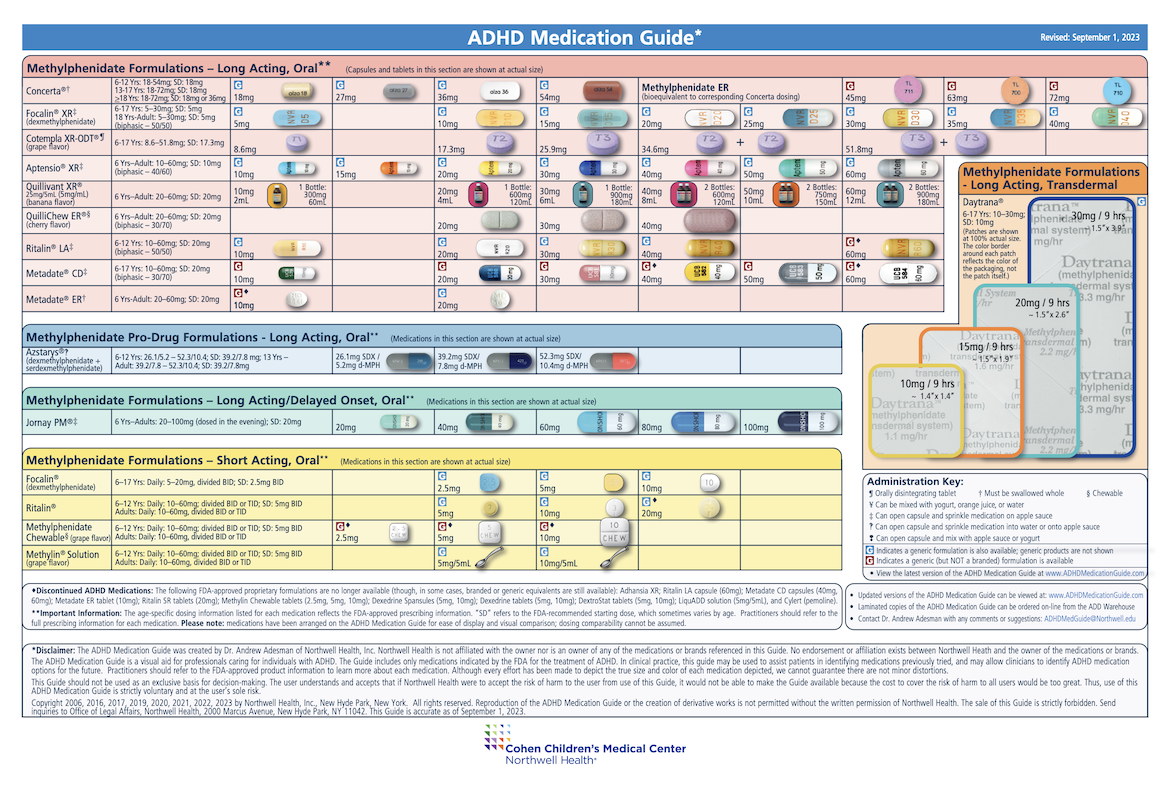Same Day Mental Health Services for Fast Access to Expert Care
Same Day Mental Health Services for Fast Access to Expert Care
Blog Article
Your Guide to Discovering the Right ADHD Therapy for Long-term Results
Navigating the complexities of ADHD therapy needs a nuanced understanding of both the disorder and the myriad choices available for reliable monitoring. It is necessary to recognize that what help one individual may not always generate the exact same outcomes for another. Therefore, a tailored technique-- integrating professional guidance, medication, behavioral techniques, and way of living adjustments-- ends up being paramount. Nevertheless, the journey towards determining one of the most ideal treatment strategy can be fraught with difficulties. What are the vital aspects that affect effective outcomes, and just how can individuals ensure they get on the right course?
Recognizing ADHD and Its Influence

In grownups, ADHD can cause obstacles in workplace environments, impacting efficiency, time administration, and interpersonal partnerships. Typically, undiagnosed or improperly handled ADHD can add to co-occurring psychological health and wellness concerns, such as anxiety and clinical depression, further making complex an individual's total wellness.
The societal understanding of ADHD can differ, resulting in stigma and misunderstanding, which may hinder individuals from seeking aid. As awareness expands, it is vital to cultivate a setting that advertises understanding and assistance for those impacted by ADHD, stressing the need for precise medical diagnosis and tailored methods to mitigate its impact on day-to-day life.
Review of Therapy Alternatives
A detailed strategy to dealing with ADHD includes a selection of choices tailored to the person's distinct requirements. These options can generally be categorized into behavioral treatments, psychoeducation, and lifestyle alterations, along with pharmacological treatments that may be discovered later.
Behavioral treatments, such as cognitive-behavioral treatment (CBT), concentrate on changing specific habits and developing coping strategies to handle signs successfully. Psychoeducation plays an essential function in empowering both individuals and their family members by providing info regarding ADHD, its obstacles, and reliable strategies for support.
Way of living alterations can substantially impact ADHD monitoring. Normal physical task, a well balanced diet, and sufficient sleep contribute to overall well-being and signs and symptom control. Mindfulness techniques and relaxation methods can additionally boost focus and lower impulsivity.
Support system and family treatment can cultivate a sense of neighborhood and understanding, assisting people really feel less isolated in their experiences. Each therapy option must be taken into consideration along with the person's choices and circumstances, guaranteeing an alternative approach that advertises long-lasting success. Ultimately, the goal is to produce a tailored treatment plan that resolves the specific challenges linked with ADHD while improving overall quality of life.
Medication: Pros and Cons
Drug plays an essential role in the treatment of ADHD, with countless choices offered that can significantly alleviate symptoms for several people. Energizers, such as methylphenidate and amphetamines, are frequently suggested and have actually revealed performance in enhancing focus, lowering impulsivity, and enhancing overall habits. These medicines function by increasing dopamine and norepinephrine degrees in the mind, which are usually dysregulated in those with ADHD.
Some people might experience side results, consisting of insomnia, decreased hunger, or boosted anxiousness. In addition, not all people react to stimulant medications, leading some to discover non-stimulant choices, which might have a delayed beginning of action or different side effects.
It is crucial for individuals and their family members to consider these advantages and disadvantages meticulously. Balancing the advantages of signs and symptom management versus prospective side effects is important for achieving optimum therapy outcomes. Cooperation with doctor can help with informed choices, guaranteeing that medication belongs to an extensive ADHD administration strategy.
Behavior Modification Strategies

One typically used technique is Cognitive Behavioral Therapy (CBT), which aids people recognize and change unfavorable idea patterns that add to ADHD-related obstacles. Therapist for ADHD. Via CBT, clients discover to set sensible objectives, handle time efficiently, and develop business systems
An additional reliable technique is Parent Administration Training (PMT), which enlightens Therapist for ADHD parents on how to strengthen positive actions and reduce negative ones via consistent self-control and interaction approaches. This approach promotes a helpful home environment that encourages behavioral renovations.
Social abilities training is also indispensable, assisting people with ADHD browse social interactions better. Role-playing and modeling suitable actions can enhance social skills and lower stress and anxiety in social situations.
Way Of Life Modifications for Better Monitoring
Exactly how can way of living adjustments considerably enhance the management of ADHD signs and symptoms? Executing critical way of life modifications can lead to substantial renovations in focus, organization, and psychological regulation for people with ADHD.
Firstly, developing a structured day-to-day regimen aids in creating predictability, which can minimize sensations of bewilder. Constant routines for dishes, study, and sleep can boost day-to-day functioning.
Integrating routine exercise is also essential, as exercise has been shown to enhance dopamine levels, enhancing interest and motivation (Therapist for ADHD). Going for a minimum of thirty minutes of moderate exercise most days can be helpful
Nourishment plays a crucial role too. A balanced diet regimen abundant in omega-3 fats, whole grains, and protein can support cognitive function. Limiting refined sugars and caffeine may minimize symptoms, as these can lead to power accidents and irritation.
Final Thought
To conclude, discovering the right ADHD treatment demands a diverse method that considers individual demands and preferences. A mix of medicine, behavior modification, and way of life alterations can dramatically enhance symptom monitoring and general well-being. Taking part in psychoeducation and establishing structured regimens better supports effective treatment techniques. Collaboration with healthcare specialists and open interaction with assistance networks are essential elements in navigating the intricacies of ADHD administration, ultimately leading to enduring results and improved lifestyle.
Report this page